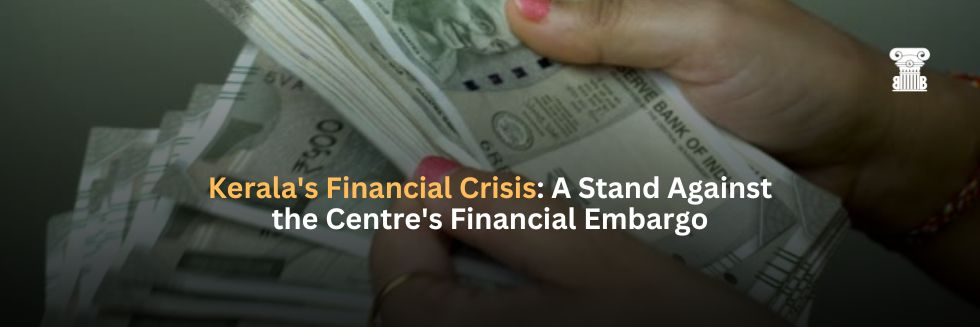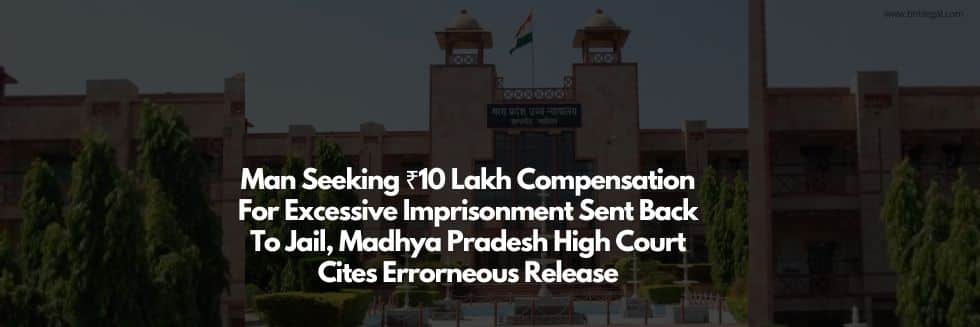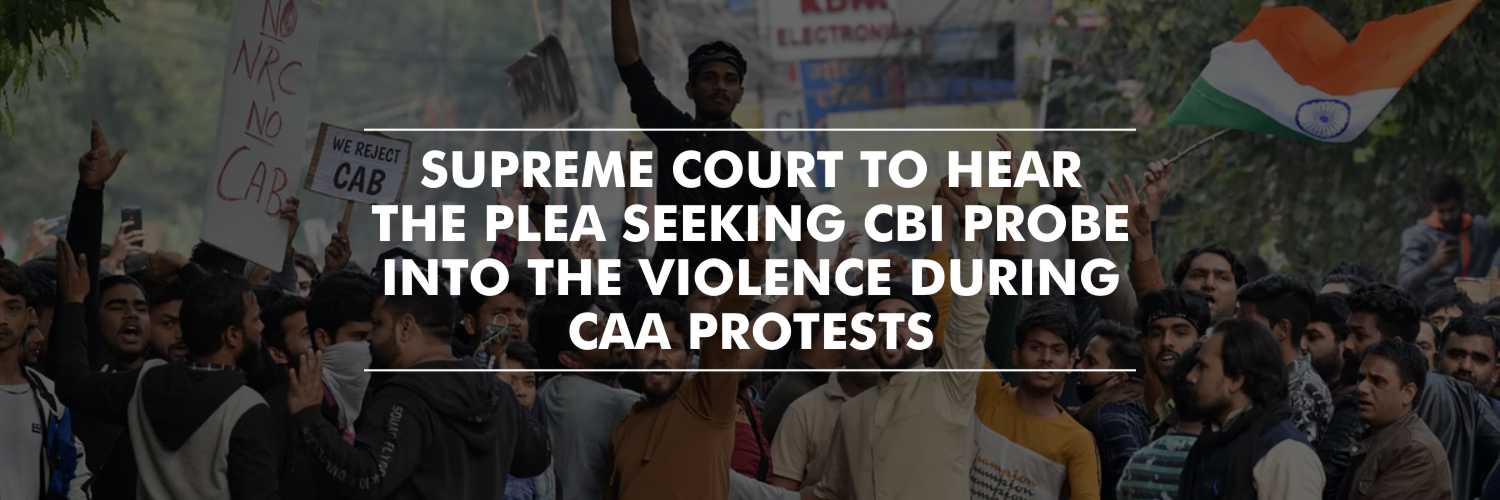On February 8th, 2023, the Chief Minister of Kerala will stage a protest in New Delhi. The protest is against what the Kerala state government perceives as a financial embargo imposed by the Centre. The crux of the issue is the Centre’s imposition of a Net Borrowing Ceiling (NBC) on Kerala, which has limited the state’s ability to borrow funds from various sources. This move has led to a severe financial crisis in Kerala, prompting the state government to challenge the legality of the NBC in the Supreme Court. The broader implications of this conflict highlight the alarming erosion of fiscal federalism in India.
The NBC places restrictions on states’ borrowings from all sources, including open market borrowings. Kerala’s contention primarily stems from the inclusion of debt taken by state-owned enterprises, such as the Kerala Infrastructure Investment Fund Board (KIIFB), in the state’s overall debt. This inclusion severely constrains Kerala’s financial flexibility, hindering its ability to fund essential services and welfare schemes.
The imposition of the NBC invokes Article 293(3) of the Constitution, which mandates state consent for raising loans if previous loans from the Centre remain outstanding. However, the Centre’s decision to include extra-budgetary borrowings by state-owned enterprises raises constitutional questions regarding the Centre’s authority to regulate state finances. While the Finance Commission emphasizes fiscal transparency, it has not explicitly called for the inclusion of state-owned enterprises’ debt in the NBC.
Parliament’s authority over “Public Debt of the State” conflicts with Entry 43 of the State List, which grants states exclusive jurisdiction over public debt matters. Additionally, Kerala argues that balances in the state’s public account should not be subject to the NBC, citing Article 266(2) of the Constitution. The state contends that activities related to public accounts fall within the purview of the State Legislature, and the Centre lacks the authority to include withdrawals from public accounts in the NBC.
The Kerala Fiscal Responsibility Act, 2003, sets fiscal deficit targets for the state, emphasizing internal mechanisms for budget management and fiscal discipline. It is legislation enacted by the Government of Kerala, aimed at promoting fiscal discipline, transparency, and accountability in the management of the state’s finances. The Act was passed to ensure that the state government maintains prudence in fiscal management and works towards achieving fiscal stability.
The Kerala Infrastructure Investment Fund Board (KIIFB) is a testament to Kerala’s innovative approach to funding infrastructure projects. However, the ability to fund these development projects should not compromise the provision of essential services to its citizens. The finance minister has warned that denying Kerala the ability to borrow could lead to catastrophic consequences, especially in a state that is already revenue-scarce.
The current conflict between the Centre and Kerala signifies a troubling shift in India’s federal structure. From what was once cooperative federalism, the situation is now moving towards what could be termed as “annihilative federalism”. The Centre’s borrowing restrictions are a prime example of this destructive emerging federal paradigm. These restrictions pose significant challenges to state autonomy and fiscal stability, thereby threatening the very essence of federalism in India. This shift could have far-reaching implications for the fiscal health and governance of states in India.






